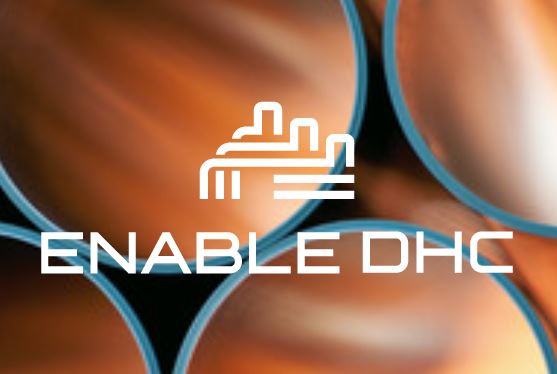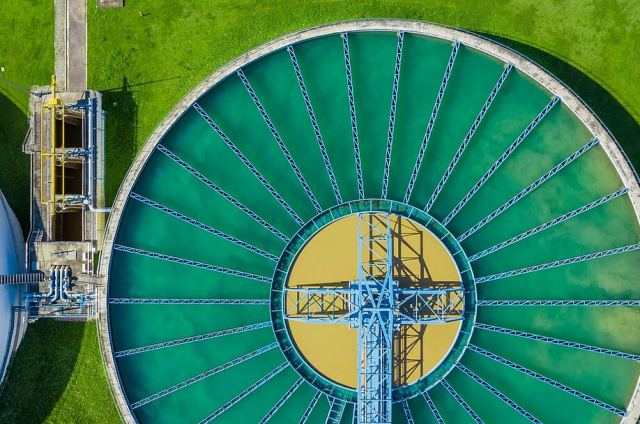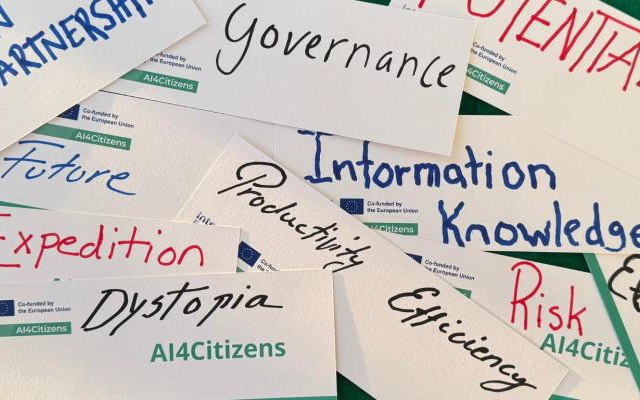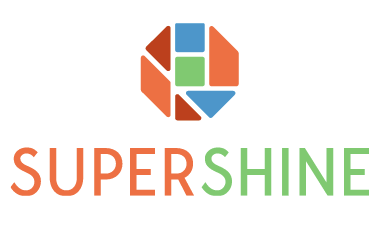
The Climate-4-CAST project supports municipalities in planning and implementing actions to reduce greenhouse gas emissions and promote sustainable urban environments. The digital tool developed within the project enables informed decision-making, analysis of mitigation options, and effective planning of climate-related investments.
The Significance of the Project for Riga
Cities must adopt effective solutions to reduce greenhouse gas emissions and improve quality of life. To do so, they need tools to analyse and forecast the impact of different actions. The digital tool developed by the project helps Riga make data-driven decisions and plan investments more efficiently to achieve emission reduction goals.
Target of the Project
To develop a publicly available digital tool that helps municipalities plan and analyse different future scenarios for greenhouse gas emission reduction. The tool is publicly available and allows municipalities to stimulate various climate actions. The project also supports experience-sharing and knowledge transfer to help municipalities manage climate budgets and reach climate neutrality goals.
Benefits for Residents
✔ Improved air quality, supporting better health and living conditions;
✔ More efficient use of municipal resources, helping reduce costs;
✔ Transparent climate policy planning;
✔ Opportunity to follow the city’s emission reduction strategies and progress.
Project Activities
✔ Development and adaptation of the digital greenhouse gas emission planning tool for Riga;
✔ Training of municipal staff on how to use the tool;
✔ Preparation of guidelines for more effective planning of emission reduction measures;
✔ Experience exchange with other European cities;
✔ Use of the digital tool by Riga Municipality to analyse its overall greenhouse gas emission reduction strategy.
Project Results
✔ Digital tool created and implemented to support municipal decision-making on emission reduction;
✔ Improved strategic climate planning at the city level;
✔ Guidelines and instruments provided for effective implementation of greenhouse gas emissions mitigation policies;
✔ Strengthened knowledge-sharing and best practice exchange among cities.
Funding, Duration, and Partners
Funding source: Interreg Baltic Sea Region Programme 2021 – 2027
Total project budget: EUR 3.77 million
Total budget for Riga:
EU funding for Riga Municipality: EUR 89 856
Co-financing by Riga Municipality: EUR 22 464
Implementation Period: 01.11.2023 – 30.10.2026
Project Partners: HafenCity University Hamburg (Germany), City of Tampere (Finland), City of Aarhus (Denmark), City of Östersund (Sweden), City of Norderstedt (Germany), City of Bytom (Poland), Kausal Ltd. (Finland), Union of the Baltic Cities, Uppsala University (Sweden), Riga City Municipality (Latvia)
Contact Information
Inga Pelša
Project Manager
Riga Energy Agency
Email: inga.pelsa@riga.lv
Project Links
Climate-4-CAST – Riga Energy Agency
Climate-4-CAST – Interreg Baltic Sea Region

Related Projects

Expansion of the Municipal Air Quality Monitoring Network and Low-Emission Zones Efficiency Assessment
Read more
AURORA – Urban Planning Solutions for Climate Resilience and Quality of Life Improvement in the EU Boreal Region
Read more
EnergyGuard: Developing Large-Scale AI Testing and Experimentation Facilities for Energy Infrastructure Solutions
Read more













